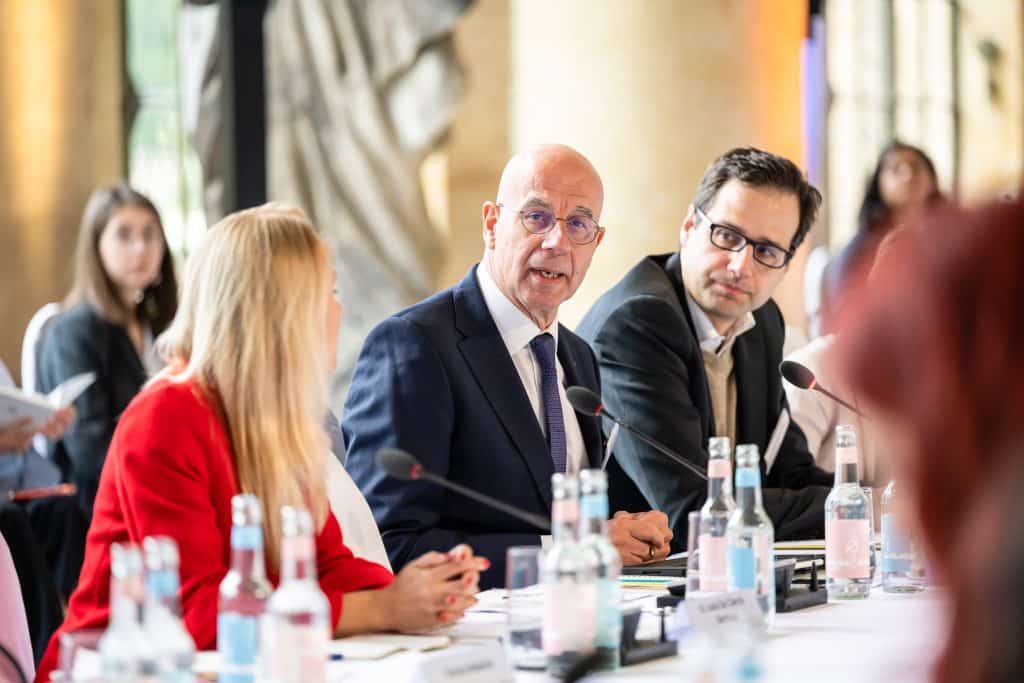24 October 2022
European Digital Strategic Autonomy: “China is not a model to follow”
The M100 Sanssouci Colloquium, Strategic Working Group I addressed how the EU can develop a long-term Digital Strategic Autonomy strategy to strengthen its position in the international digital domain of tomorrow, complement the security aspect of and redefine its relations with allies and rivals.



